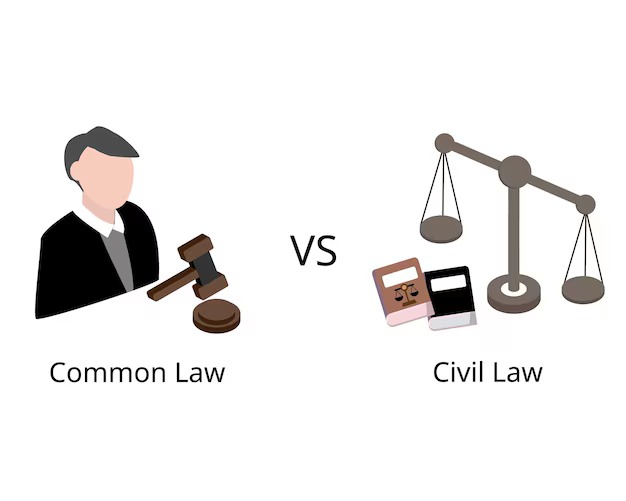
Understanding Consideration in Common Law vs. Civil Law Systems
Understanding the role of consideration in contract law highlights a key difference between common law and civil law systems. In common law jurisdictions, consideration is essential for a contract's validity. This means that each party must exchange something of value, such as goods, services, or money, for the contract to be enforceable. This requirement ensures a mutual exchange that binds both parties. On the other hand, civil law systems do not require consideration for a contract to be valid. Instead, the focus is on mutual consent. As long as the parties agree to the terms and the agreement is lawful, the contract is enforceable, even without an exchange of value. This approach relies on comprehensive written codes and statutes, simplifying contract formation and emphasizing the importance of mutual agreement. Recognizing these distinctions is crucial for professionals navigating international contracts, as they can significantly impact how agreements are drafted and enforced across different legal systems.
